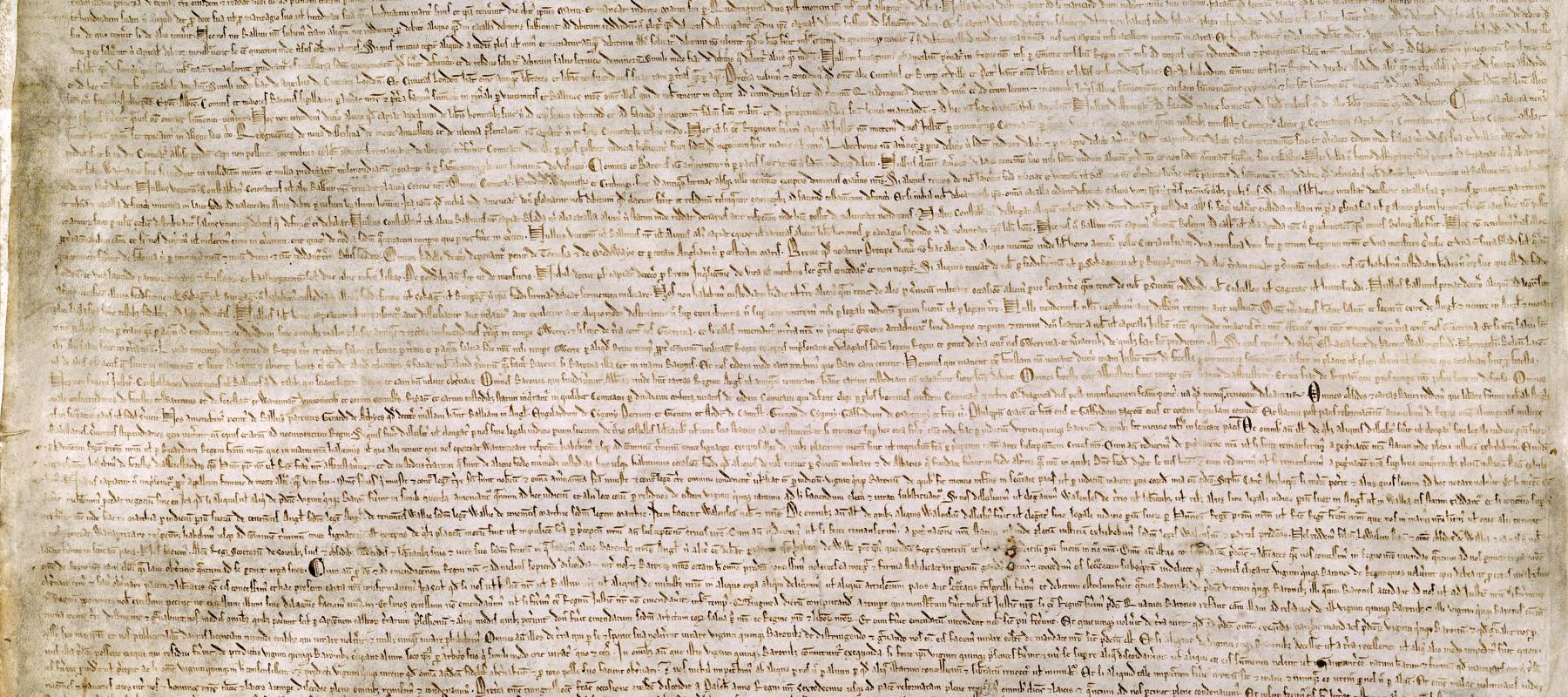My research project investigates the phenomenon of ‘pseudo-law’ in the UK. I am looking into how critical groups of citizens are using unorthodox interpretations of historical legal texts, such as the Magna Carta, as well as legalistic formalities, ‘outsider’ legal theories and narratives to challenge the authority of the state. This challenge is expressed in individual and collective acts of resistance such as refusing to pay taxes and fines, not registering births, and defying pandemic regulations. The use of pseudo-legal arguments is often associated with broader anti-establishment worldviews based on idiosyncratic ideals of an ancient, hidden but still valid ‘common law’ purportedly superior to statutory legislation. Despite the alarm raised by media and academic commentators, especially in the recent context of rising populist sentiment and the spread of online misinformation, little is known about pseudo-law adherents’ current activities, particularly in the UK context.
The project seeks to offer new data and an in-depth analysis of UK-based pseudo-law to address this gap in our current knowledge of the history, nature and current use of pseudo-legal ideas. My main research goal is to better understand pseudo-law as an unconventional form of challenge to sovereign authority, enabling an evidence-informed assessment on the implications that pseudo-legal arguments may carry for public institutions, third sector organisations and individual citizens. To achieve this goal, I adopt a qualitative methodological approach based on internet ethnography, using thematic analysis, legal-archival research and survey methods to look into online and ‘real-world’ dimensions of pseudo-law.



